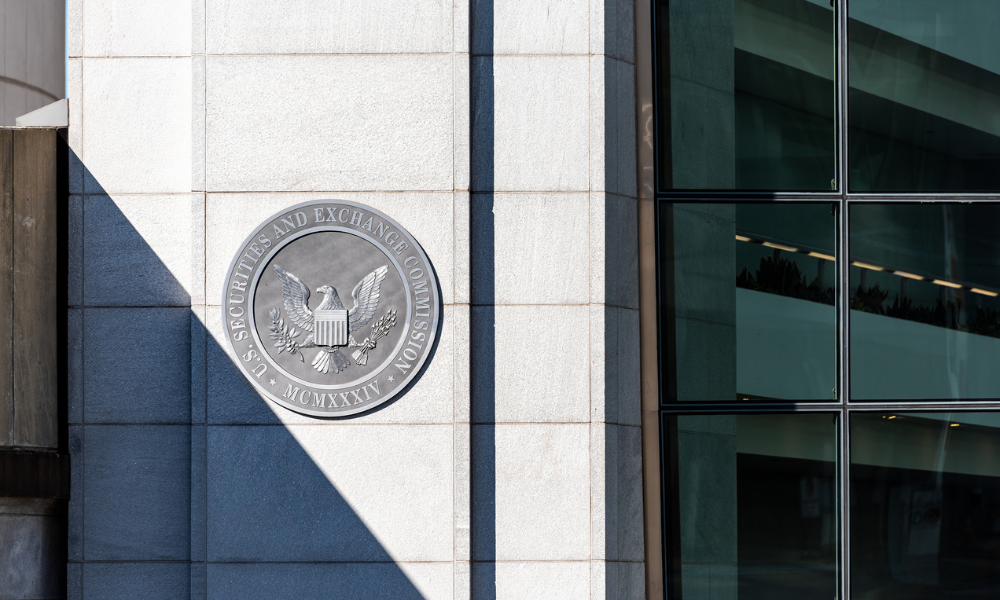

A registered investment advisory firm has agreed to pay at least $18 million after being charged by the SEC for failing to disclose multiple financial conflicts of interest.
The regulator said that AssetMark Inc. did not disclose that it helped set the fee that its affiliate custodian received for operating a cash sweep program, where uninvested cash was moved into interest-earning bank accounts. The SEC said this happened from at least September 2016 to January 2021.
Additionally, the SEC’s order found that the California-headquartered wealth firm received custodial support payments from some third-party custodians based on assets held in certain no-transaction-fee mutual funds. However, the firm did not tell clients that, in some cases, they could have opted for lower fee share classes with lower expense ratios that would not have made payments to AssetMark.
The order says that the firm violated the anti-fraud and compliance provisions of the Investment Advisers Act.
While AssetMark did not admit or deny the SEC’s findings, it agreed to pay a civil penalty of $9.5 million and disgorgement and prejudgment interest of more than $8.5 million.
The firm also agreed to a cease-and-desist order requiring it to be censured and comply with certain undertakings.
“Investment advisers have a fundamental duty to disclose conflicts between their own financial interests and those of their clients,” said Andrew Dean, co-chief of the SEC enforcement division's asset management unit. “Here, AssetMark failed to disclose multiple financial conflicts of interest where AssetMark and its affiliated custodian reaped significant financial benefit from decisions it made.”

Last week's layoffs totaled at least 130 Cetera employees, according to a senior industry executive.

Four of the Magnificent Seven will report this week.

Easing anxiety has seen the haven asset slide from record high.

Uncertainty remains challenging for Treasuries traders.

Move will raise concerns of inflationary impact of tariffs.
RIAs face rising regulatory pressure in 2025. Forward-looking firms are responding with embedded technology, not more paperwork.
As inheritances are set to reshape client portfolios and next-gen heirs demand digital-first experiences, firms are retooling their wealth tech stacks and succession models in real time.
